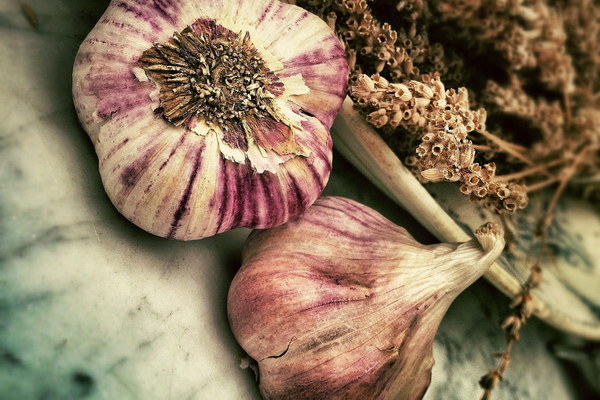The Essence of Traditional Chinese Medicine A Comprehensive Guide to Holistic Wellness
Traditional Chinese Medicine (TCM), an ancient healing system that dates back over 2,500 years, offers a unique perspective on health and wellness. This holistic approach emphasizes the balance of the body, mind, and spirit, aiming to treat the root cause of illness rather than just the symptoms. In this article, we will delve into the fundamental theories of TCM and explore how they can be applied to enhance your overall well-being.
1. Yin and Yang
The concept of Yin and Yang is at the heart of TCM. It represents the dynamic interplay of complementary forces that maintain balance and harmony in the body. In TCM, health is achieved when Yin and Yang are in equilibrium. If one force becomes dominant, it can lead to illness.
Yin is associated with cold, slow, and passive qualities, while Yang is associated with hot, active, and dynamic qualities. To maintain balance, TCM practitioners recommend adjusting lifestyle habits, diet, and treatment modalities to restore Yin and Yang harmony.
1. Five Elements
The Five Elements theory is another foundational concept in TCM. It posits that the world and the body are composed of five elements: wood, fire, earth, metal, and water. Each element corresponds to different organs, tissues, and physiological functions.
Understanding the interrelationships between the Five Elements is crucial in diagnosing and treating health conditions. By identifying the element that is out of balance, TCM practitioners can recommend appropriate treatments, such as dietary changes, herbal remedies, and acupuncture, to restore harmony.
1. Qi
Qi (pronounced chee) is the life force that flows through the body, providing energy and vitality. In TCM, the health of an individual depends on the quality and flow of Qi. When Qi is abundant and flowing smoothly, a person is healthy; conversely, a Qi imbalance can lead to disease.
TCM practitioners use various techniques to diagnose and treat Qi imbalances, including acupuncture, massage, and herbal medicine. By addressing Qi-related issues, TCM can help improve overall health and well-being.
1. Meridians and Acupuncture
Meridians are pathways through which Qi flows in the body. There are twelve primary meridians, each corresponding to an organ system. Acupuncture, a key component of TCM, involves inserting fine needles into specific points along these meridians to unblock Qi flow and promote healing.

Acupuncture has been shown to be effective in treating a wide range of conditions, from chronic pain to stress and anxiety. By addressing the root cause of illness, acupuncture can help restore balance and promote long-term health.
1. Diet and Nutrition
In TCM, diet plays a crucial role in maintaining health and preventing disease. Practitioners recommend a diet that is tailored to an individual's specific constitution and health concerns. This may involve incorporating certain foods or avoiding others based on their properties and effects on the body.
For example, individuals with a cold constitution may benefit from warm, spicy foods, while those with a hot constitution may be advised to avoid overly hot and spicy foods. TCM also emphasizes the importance of balancing the five flavors (sweet, sour, bitter, pungent, and salty) in the diet to support overall health.
1. Exercise and Lifestyle
Physical activity is an essential component of TCM, as it helps maintain the flow of Qi and promotes overall well-being. Tai Chi, Qigong, and other gentle exercise practices are commonly recommended in TCM for improving flexibility, balance, and mental clarity.
In addition to exercise, TCM emphasizes the importance of managing stress, getting adequate sleep, and maintaining a positive outlook on life. These lifestyle factors play a significant role in maintaining a healthy balance of Yin and Yang and can contribute to a longer, happier life.
In conclusion, Traditional Chinese Medicine offers a comprehensive approach to health and wellness that emphasizes the balance of the body, mind, and spirit. By understanding and applying the foundational theories of TCM, individuals can take an active role in their own health and well-being. Whether through diet, exercise, acupuncture, or other TCM modalities, the benefits of this ancient healing system are widely recognized and can be a valuable addition to any wellness regimen.









